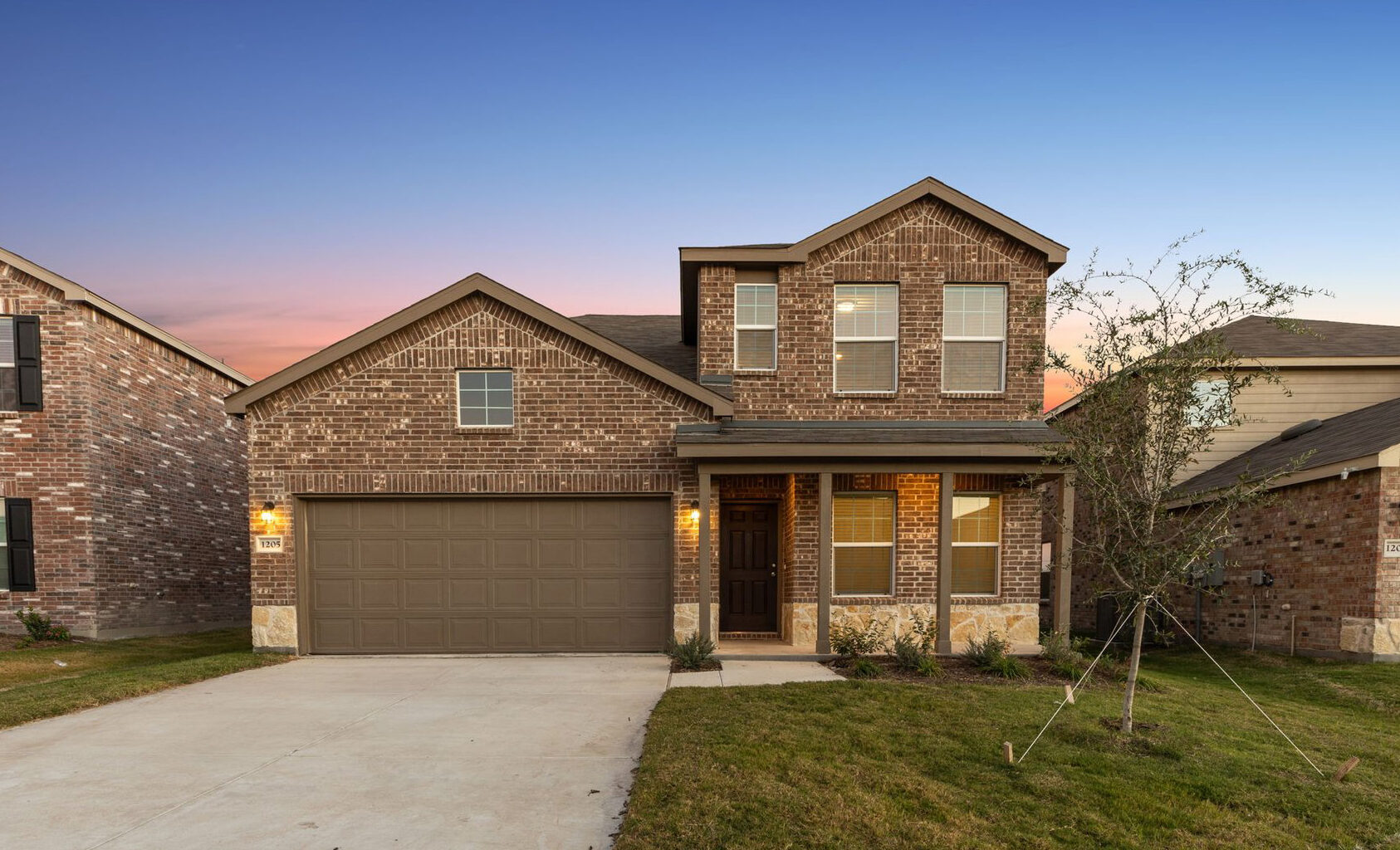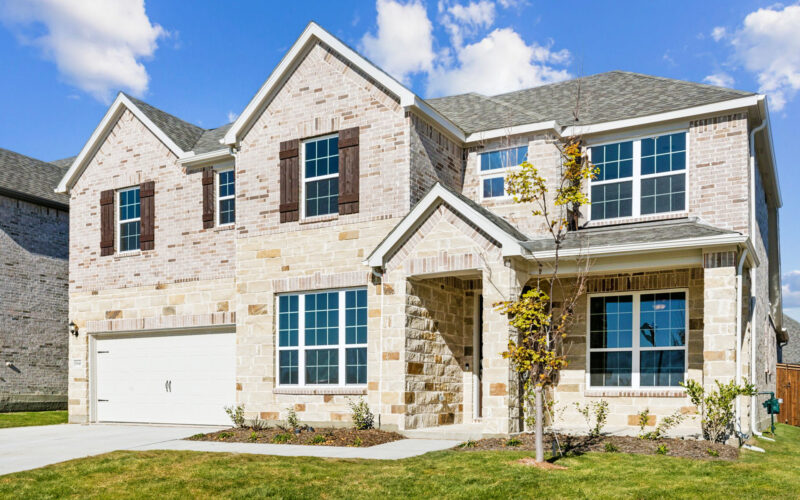If you’re exploring home loan options, you may have come across two similar-sounding terms: Private Mortgage Insurance (PMI) and Mortgage Insurance Premium (MIP). While both involve mortgage insurance, they apply to different types of loans and work in different ways. Understanding what each one means and how it could affect your monthly payment is a key step in making confident, informed decisions as a future homeowner. Let’s break it down and clear up the confusion, one acronym at a time!
What is mortgage insurance?
Mortgage insurance is a type of protection for lenders that helps reduce their risk when approving loans with lower down-payments. While it’s an added cost to the borrower, it also plays an important role in making homeownership more accessible, especially for first-time buyers who may not have a large down-payment. Depending on the type of loan you choose, or the requirements set forth by your lender, you may have to pay Private Mortgage Insurance (PMI) or a Mortgage Insurance Premium (MIP).
PMI: Private Mortgage Insurance
If you’re considering a conventional loan and you do not have the requisite down payment amount, you may be required to pay private mortgage insurance (PMI). While it is an added cost, PMI may allow qualified buyers to purchase a home sooner without having to wait until they have saved up for a larger down-payment.
Key Factors About PMI:
- PMI applies to conventional loans where a borrower does not have the requisite down-payment.
- PMI is typically rolled into your monthly mortgage payment.
- In some cases, PMI may be removed once you reach a certain amount of equity in your home and/or a certain amount of time has passed.
Please note, restrictions may apply and this may not be available to all borrowers. Borrowers should check with their lender for restrictions and requirements.
MIP: Mortgage Insurance Premium
Mortgage Insurance Premium (MIP) applies to FHA loans, which are backed by the Federal Housing Administration. These loans are designed to help qualified buyers who may have a limited credit history, first time homebuyers or buyers with lower income. Depending on your down-payment amount, there are two types of MIP that may be required: an upfront premium at closing that may be financed into your loan, and a monthly premium that lasts for a set period of time.
Key Factors About MIP:
- Upfront MIP is required for all FHA loans, regardless of your down-payment amount.
- A monthly MIP fee may be applied depending on your down-payment amount.
- MIP cannot be removed like PMI, but in some cases, it may drop off after a set amount of time. Please note, restrictions may apply and this may not be available to all borrowers. Borrowers should check with their lender for restrictions and requirements.
PMI vs. MIP Comparison
| Feature | Private Mortgage Insurance (PMI | Mortgage Insurance Premium (MIP) |
|---|---|---|
| Loan Type | Applies to conventional loans. | Applies to FHA Loans. |
| When is it Required? | Required when the borrower doesn’t have the requisite down-payment. | Upfront premium required, regardless of down-payment. |
| Payment Structure | Typically added to your monthly mortgage payment. | Monthly premium may be applied depending on down-payment amount. |
| Removal Terms | May be removed once sufficient equity is reached and/or a certain amount of time has passed. | Can’t be removed like PMI but may drop off over time. |
Whether you’re just starting your home search or ready to start comparing loan options, your Pulte Mortgage loan team can walk you through the details of mortgage insurance and help you understand what to expect!






